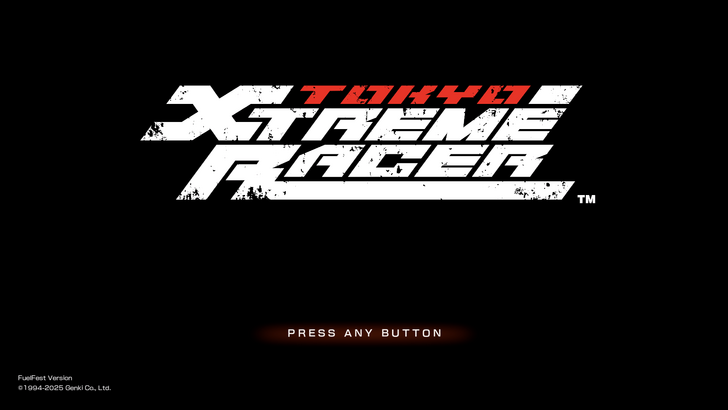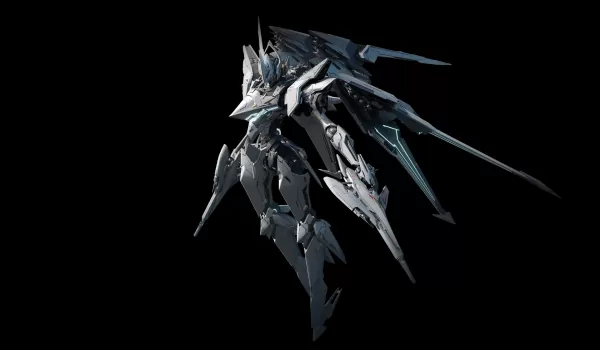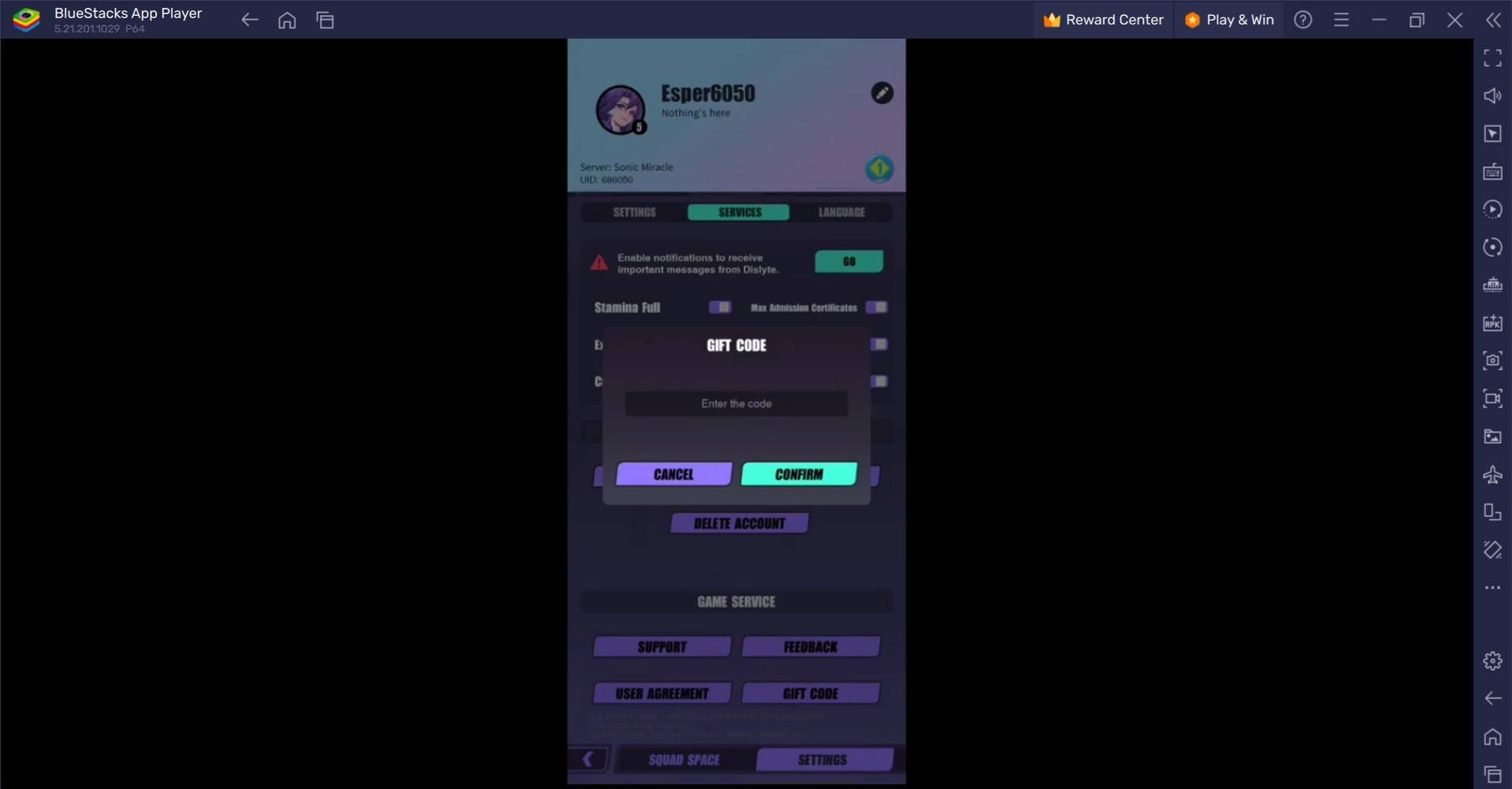Nintendo's Aggressive Anti-Piracy and Emulation Stance Explained
Nintendo's reputation for aggressively pursuing legal action against emulator developers and piracy is well-documented. Recent examples include the $2.4 million settlement with Yuzu emulator developers in March 2024, the cessation of Ryujinx development in October 2024 following Nintendo's intervention, and the legal advice against a full Steam release for the Dolphin emulator in 2023 due to Nintendo's pressure. The high-profile case against Gary Bowser, who was ordered to pay $14.5 million for reselling devices that bypassed Nintendo Switch's anti-piracy measures, further highlights this stance.
Now, a Nintendo patent attorney, Koji Nishiura, has shed light on the company's strategy. Speaking at Tokyo eSports Festa 2025, Nishiura clarified that while emulators themselves aren't inherently illegal, their use can become illegal depending on their functionality. Specifically, emulators that copy game programs or disable console security measures may infringe on copyright laws. This is largely based on Japan's Unfair Competition Prevention Act (UCPA), which limits Nintendo's legal reach internationally.
The presentation referenced the Nintendo DS "R4" card as a prime example. This device allowed users to play pirated games, leading to a successful lawsuit by Nintendo and 50 other software manufacturers under the UCPA, resulting in the R4's ban in 2009.
Nishiura also emphasized that third-party tools facilitating pirated software downloads within emulators, termed "reach apps" in Japanese law, also violate copyright. Examples include the 3DS's "Freeshop" and the Switch's "Tinfoil."
The Yuzu lawsuit further illustrates Nintendo's approach. Nintendo alleged one million instances of The Legend of Zelda: Tears of the Kingdom piracy, citing Yuzu's Patreon earnings of $30,000 per month through features like early access and exclusive content. This highlights Nintendo's focus on the financial impact of emulation on their profits. The company's actions demonstrate a clear intention to protect its intellectual property, even if it means aggressive legal action.
 Home
Home  Navigation
Navigation






 Latest Articles
Latest Articles










 Latest Games
Latest Games












